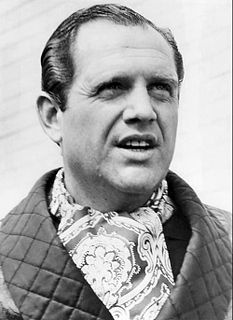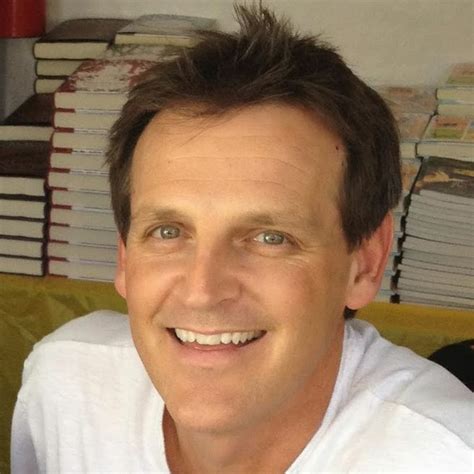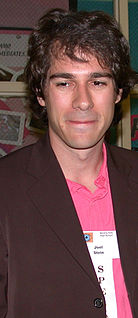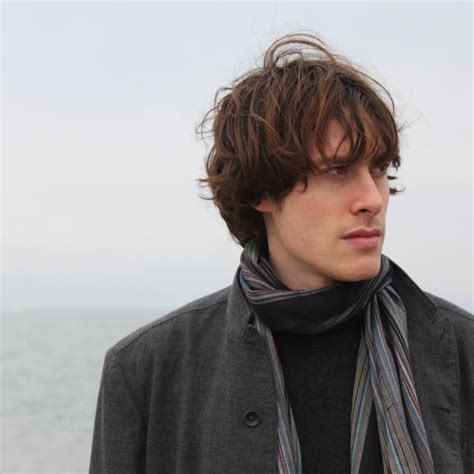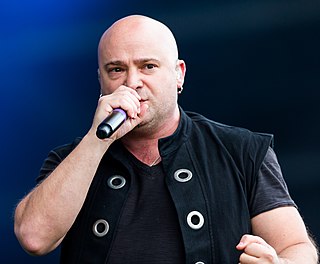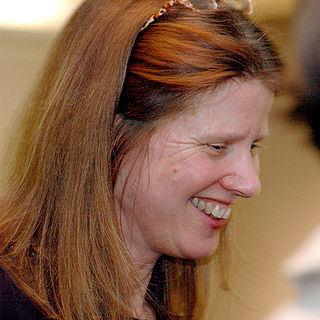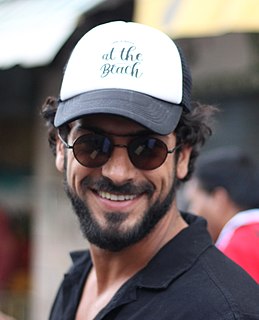A Quote by Alan King
When I read Dickens for the first time, I thought he was Jewish, because he wrote about oppression and bigotry, all the things that my father talked about.
Related Quotes
When I get real big volumes of hate mail, it's usually because I wrote something poorly. But it's also because some group told people to e-mail me and those people didn't read the article, they read the post about what I wrote about. And they all e-mail me. And they all come around at the same time.
The best books, they don’t talk about things you never thought about before. They talk about things you’d always thought about, but you didn’t think anyone else had thought about. You read them, and suddenly you’re a little bit less alone in the world. You’re part of this cosmic community of people who’ve thought about this thing, whatever it happens to be.
Anne Wiazemsky wrote two books about her life with Jean-Luc Godard between 1966 and 1969. And I first read the second one, which is about the fall of their love story and their marriage. I immediately thought there was a movie to make with this book because it was so funny, and I thought the love story was very, very touching.
I had read [Charles] Dickens's novels were often published serially. I thought it would be fun to write a book, just sitting down and writing a chapter every day, not knowing what would happen next. So that's how I wrote the first draft. And then of course I had to go back and make sure everything worked and change things.
I read about the Trinity. I found something - Jesus was Jewish, he was a rabbi! - and I read a lot of stories about Jesus in Israel. And it's interesting that they picked me for this part in The Snack, and I'm Jewish, I'm kind of religious Jewish from Israel, and I don't look like the traditional Jesus with the long blonde hair and blue eyes.
The secret of it all, is to write in the gush, the throb, the flood, of the moment – to put things down without deliberation – without worrying about their style – without waiting for a fit time or place. I always worked that way. I took the first scrap of paper, the first doorstep, the first desk, and wrote – wrote, wrote…By writing at the instant the very heartbeat of life is caught.
